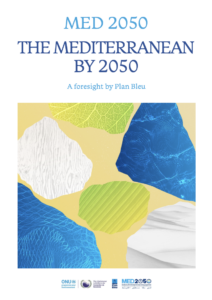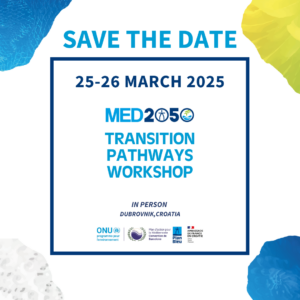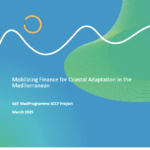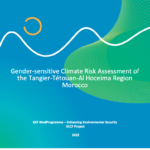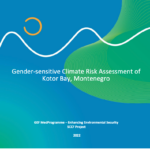In this period when all the countries bordering the Mediterranean have had to face the consequences of the health crisis, Plan Bleu has continued its efforts to communicate as widely as possible on the state of the environment in the Region. The publication of the RED 2020 report, which lucidly highlights the risks faced by countries in terms of climate change, the maintenance of biodiversity, the sustainable management of resources, solid or air pollution (waste, chemicals, particulate matter) has highlighted the weaknesses of governance that makes it possible to deal with them effectively. This data, based on the best available knowledge, accompanied by rigorous analyses, offers decision-makers, and in general all audiences, the opportunity to react and act. Plan Bleu, faithful to its mandate, provides Mediterranean countries with essential tools for a renewed ecological dynamic, all the more necessary at a time when the lessons of this health crisis must imperatively be learned.
Within the framework of the Mediterranean Action Plan (MAP) and the Barcelona Convention, the means of action are available and are waiting for political will to be better implemented. Plan Bleu with its partners and funders, whom they are thanked here, will contribute to its proper extent to the definition of a post-Covid-19 ecological recovery. It is at this price that the hope for a cleaner and more sustainable Mediterranean can be realized. If this year has caused many upheavals in our lives, it is important to emphasize that Plan Bleu has successfully overcome pitfalls and difficulties. We have recruited our new director François Guerquin whose international experience will be decisive to effectively lead projects, whether they affect the blue economy or the impacts of climate change.
Finally, Plan Bleu has definitively left the Sophia-Antipolis site in the Alpes-Maritimes for premises located in the Tour Marseillaise in Marseille in which it will have, in addition to a magnificent perspective on the Phocaean city, the chance to carry out large-scale projects with as a common thread the prospective to 2050.






